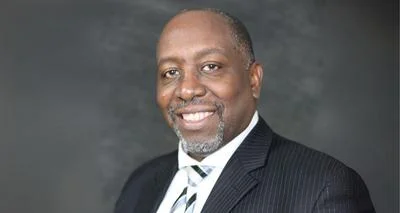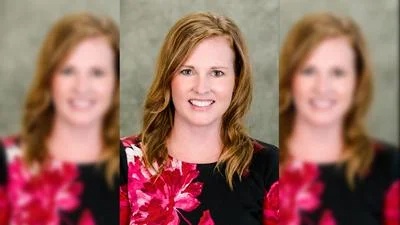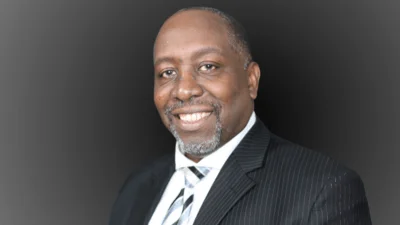The Illinois Campaign for Political Reform's (ICPR) Executive Director Mary Miro and The Tax Divide project panel of reporters | www.youtube.com
The Illinois Campaign for Political Reform's (ICPR) Executive Director Mary Miro and The Tax Divide project panel of reporters | www.youtube.com
The Illinois Campaign for Political Reform's (ICPR) Executive Director Mary Miro said there is an unfair burden of taxes placed on some homeowners and minority communities in Cook County.
As the host for the ICPR “Show Us the Money” forum July 19 at the Union League Club of Chicago, Miro and a panel of four reporters who worked on the award-winning Chicago Tribune-ProPublica Illinois collaboration, “The Tax Divide,” along with a representative from the Cook County Clerk’s Office discussed the county's controversial topic.
Tatia Gibbons Laforme, Cook County Clerk’s Real Estate and Tax Services Office director, began the panel discussion by explaining how the county's property taxes, which are paid in two annual installments, support local services including school districts.
“The largest share of property taxes goes to schools,” Laforme said, adding the levees also go to support local government salaries, emergency services, and parks and libraries.
Cook County differs from other counties, causing industrial and commercial properties to be valued at a different percentage of the full market value of residential property, according to state law and the property tax code, Laforme said.
All property has to be assessed at 33.3 percent or 1/3 percent of its full-market value and, as a result, all the property within Cook County attempts to remain equalized, she said.
Despite that statute, many Cook County residents believe there is no equality, with those who have less having to pay more, Miro said.
"The Tax Divide" project began in 2015 in order to evaluate the accurateness and fairness of taxes in Cook County, which was called into question due to political influence in Chicago, said ProPublica Illinois investigative reporter Jason Grotto and Chicago Tribune political reporter Hal Dardick.
“One of the major problems culturally with the (Cook County) office is that literally for generations the office has done what it wanted to do,” Grotto said. “It is often referred to as the de facto assessment, which meant the office itself just decided in the backroom what the assessment levels would be for various people.”
Dardick explained the difference between commercial and industrial properties in Cook County being assessed at 25 percent of their value to residential properties only assessed at 10 percent.
“So basically, it is two-and-a-half times higher than the rest and that shifts the burden,” he said.
Grotto said that, in the past, neighborhood appeals were to no avail, since the underlying structure and results of the data were bad.
“The common theme is the utter lack of transparency on how they decided appeals,” Grotto said. “We have had to go to court to get some of this information from them.”
Chicago Tribune investigative reporter Ray Long said history shows that coincidence in reduced appeals and political results.
“If you give out many, many breaks, people may tend to look at you more favorably when your name is on the ballot,” Long said.
Grotto said when there is an opaque assessment scheme that is broken; political leaders benefit from that system.
“It raises a perception problem that you would think those people would want to get fixed,” Grotto said of campaign contributions and inaccurate assessment.
ICPR will hold the second installment of the "Show Us the Money" forum on Aug. 22.






 Alerts Sign-up
Alerts Sign-up